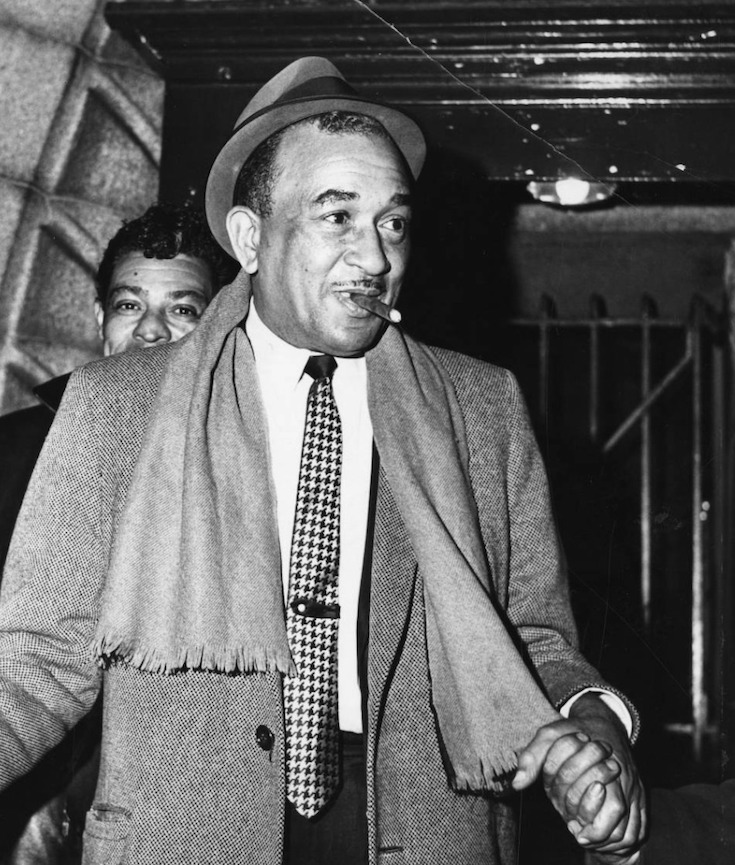Cecil was the firebrand attorney, City Council member, and NAACP Philadelphia chapter president who fought relentlessly and without compromise to gain equal access and equal opportunity for Blacks in employment and other areas.
That’s exactly why, in 1974, he said, “I don’t want no more than the white man (has), but I won’t take no less… (so) let’s fight the damn system!” And that’s exactly what I’m doing in this ongoing “Jim Crow Hiring & Business in Philly” series. And here in part five you can help “fight the damn system” by promoting the great legacy of this great man.
[mc4wp_form id=”6042″]
From the early 1960s as an activist attorney through 1979 when he left City Council, Cecil organized hundreds of protests and boycotts against local labor unions, construction sites, private businesses, and government agencies. Some of his most famous battles were against Trailways, Greyhound, the U.S. Postal Service, the Mummers, and Girard College. And he won all of them. As he pointed out, “From 1963-1967, I got more than 175,000 jobs for Blacks in this town.”




Jim Crow laws were state and local laws enforcing racial segregation in the Southern United States. Enacted after the Reconstruction period, these laws continued in force until 1965. They mandated de jure racial segregation in all public facilities in the states of the former Confederate States of America, starting in 1890 with a “separate but equal” status for African Americans. Facilities for African Americans were consistently inferior and underfunded compared to those available to European Americans; sometimes they did not exist at all. This body of law institutionalized a number of economic, educational, and social disadvantages. De jure segregation mainly applied to the Southern states, while Northern segregation was generally de facto—patterns of housing segregation enforced by private covenants, bank lending practices, and job discrimination, including discriminatory labor union practices. (Wikipedia).


You must be logged in to post a comment.